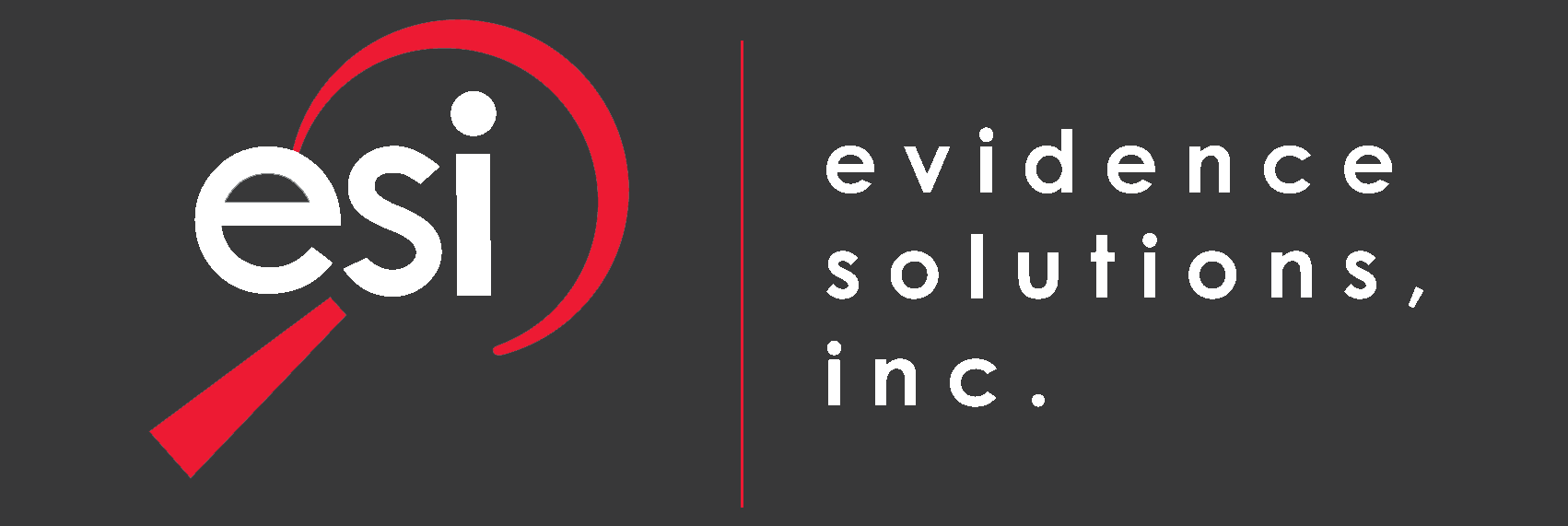Questions or Comments
| Term | Main definition |
|---|---|
| Questions or Comments |
There are these four ways of answering questions. Which four? There are questions that should be answered categorically [straightforwardly yes, no, this, that]. There are questions that should be answered with an analytical (qualified) answer [defining or redefining the terms]. There are questions that should be answered with a counter-question.
There are questions that should be put aside. These are the four ways of answering questions.
A question is an utterance which typically functions as a request for information, which is expected to be provided in the form of an answer. Questions can thus be understood as a kind of illocutionary act in the field of pragmatics or as special kinds of propositions in frameworks of formal semantics such as alternative semantics or inquisitive semantics. Questions are often conflated with interrogatives, which are the grammatical forms typically used to achieve them. Rhetorical questions, for example, are interrogative in form but may not be considered true questions as they aren't expected to be answered. Conversely, non-interrogative grammatical structures may be considered questions as in the case of the imperative sentence "tell me your name."
|
